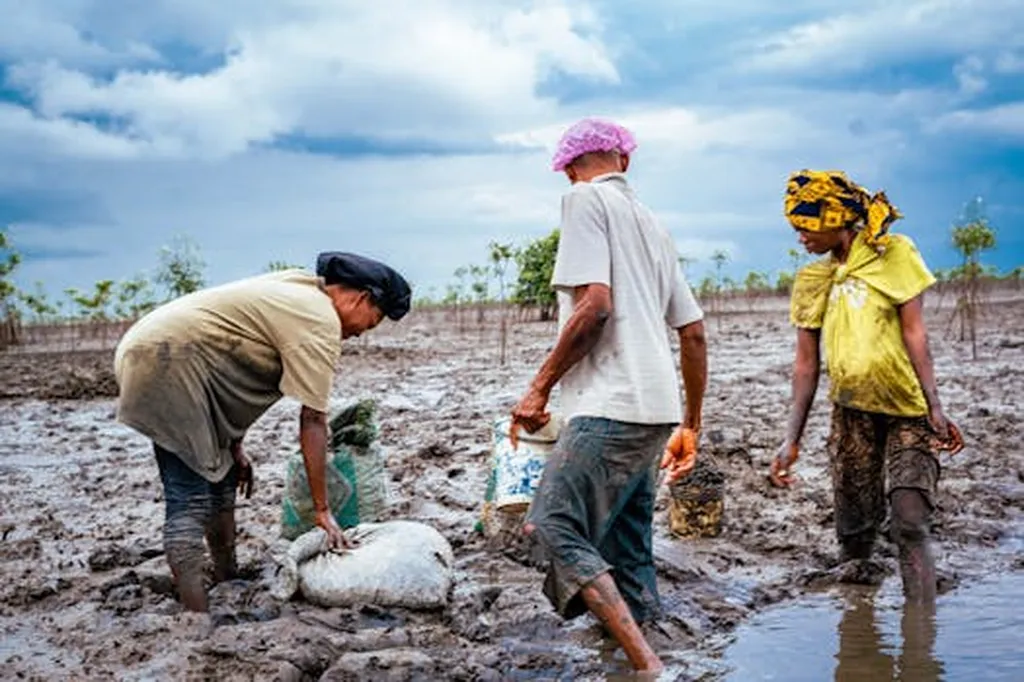In the sprawling landscapes of southwestern Nigeria, where agriculture is the backbone of the economy, a unique study has shed light on an unconventional yet promising tool for disseminating climate-smart agricultural practices: reality television shows. Published in the *Journal of Agricultural Extension*, the research led by Rasak Bamidele Olajide from the Department of Agricultural Extension and Rural Development at the University of Ibadan, explores the potential of reality TV to engage extension professionals and farmers in adopting climate-resilient techniques.
The study surveyed 115 extension professionals, revealing that while a majority (76.5%) were aware of reality television shows, only a small fraction (3.4%) knew of any Nigerian programs using this format to promote agriculture. This gap highlights an untapped opportunity for agricultural communication. “The low awareness of agricultural reality TV shows suggests a significant opportunity for innovation in how we reach farmers and extension workers,” Olajide noted.
The research also identified key benefits and constraints. Over half of the respondents (58.6%) saw high potential in using reality TV to disseminate information on climate-smart agriculture (CSA). However, challenges such as unstable power supply, lack of sponsorship, and sustainability of the shows were cited as major hurdles. “If we can address these issues, reality TV could become a powerful tool for agricultural extension,” Olajide added.
The study found that most extension professionals (61.7%) had a favorable disposition toward using reality TV for CSA information. Moreover, the perceived benefits of reality TV were positively correlated with the inclination to use this medium, suggesting that as awareness and support grow, so too will its adoption.
The commercial implications for the agriculture sector are substantial. Reality TV shows, with their engaging and relatable formats, could revolutionize how climate-smart practices are communicated to farmers. By making complex agricultural techniques accessible and entertaining, these shows could accelerate the adoption of sustainable practices, ultimately boosting productivity and resilience in the face of climate change.
This research opens the door to a new era of agricultural extension, where entertainment and education converge to drive meaningful change. As Olajide’s study suggests, the future of agricultural communication may well be scripted—not just in manuals and workshops, but on our television screens.

